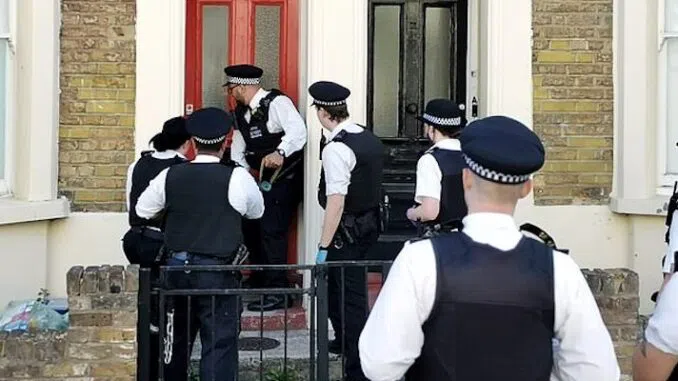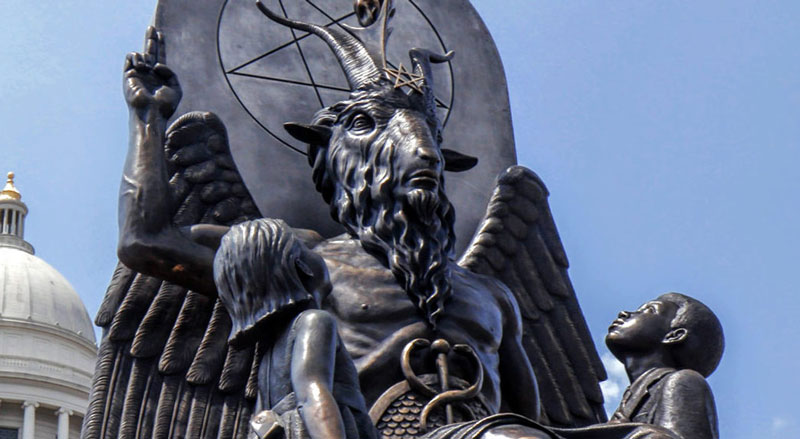In a significant development, the British government has recently passed the Online Safety Bill, granting law enforcement officials the authority to take action against citizens who share non-mainstream opinions online. This move has sparked widespread discussions and concerns about the implications for freedom of expression in the United Kingdom.
The Online Safety Bill: A New Era of Regulation
The passage of the Online Safety Bill has ushered in a new era of regulation in the UK's digital landscape. Under this legislation, authorities are now empowered to take punitive measures against individuals who share content deemed 'hateful' or categorized as 'misinformation' on various social media platforms. This represents a significant shift in how online content is monitored and controlled.
The Role of Ofcom: Enforcing Compliance
The Office of Communications (Ofcom) in the UK will play a pivotal role in enforcing the Online Safety Bill. Ofcom now possesses the authority to levy substantial fines, potentially reaching up to £18 million (approximately $22 million), on both individuals and companies found to be non-compliant with the new regulations. In extreme cases, individuals may even face imprisonment for failing to adhere to these rules.
Beyond Traditional Concerns: Expanding the Regulatory Horizon
While the Online Safety Bill does address critical issues such as child sexual abuse and terrorism-related content, it extends its reach far beyond these conventional concerns. Companies are now subject to penalties for their failure to combat deceptive advertisements, the proliferation of "deepfake" pornography, and their inability to provide users with mechanisms to limit exposure to "anonymous trolls." This broad scope of regulation has raised questions about the potential impact on online innovation and freedom of expression.
A Controversial Journey: Twists and Turns
The journey of the Online Safety Bill has been marked by numerous twists and turns. At certain points during its development, the government contemplated acquiring powers to override encrypted communications, prompting concerns from encrypted chat applications like Signal and WhatsApp, which even considered leaving the country rather than complying with such measures. Ultimately, the government decided to backtrack on this particular provision.
Mixed Reactions to the Bill
The passage of the bill has evoked a range of reactions. Imran Ahmed, the head of the Center for Countering Digital Hate (CCDH), celebrated the bill's approval, emphasizing the need to address the negative consequences of tech companies' actions. However, former U.S. State Department official and online freedom advocate, Mike Benz, expressed strong condemnation. He argued that the bill would empower the "sprawling" UK deep state, potentially leading to an unprecedented era of Internet censorship.
Conclusion: Balancing Safety and Freedom
As the UK embarks on this new regulatory journey with the Online Safety Bill, the delicate balance between ensuring online safety and protecting freedom of expression remains a central concern. The bill's far-reaching implications have ignited a passionate debate about the future of digital communication in the United Kingdom and may set a precedent for similar legislation around the world. It is imperative that the government and society at large continue to engage in constructive dialogue to strike the right balance between security and freedom in the digital age.
Free Speech and Alternative Media are under attack by the Deep State. Chris Wick News needs your support to survive.
Please Contribute via GoGetFunding



